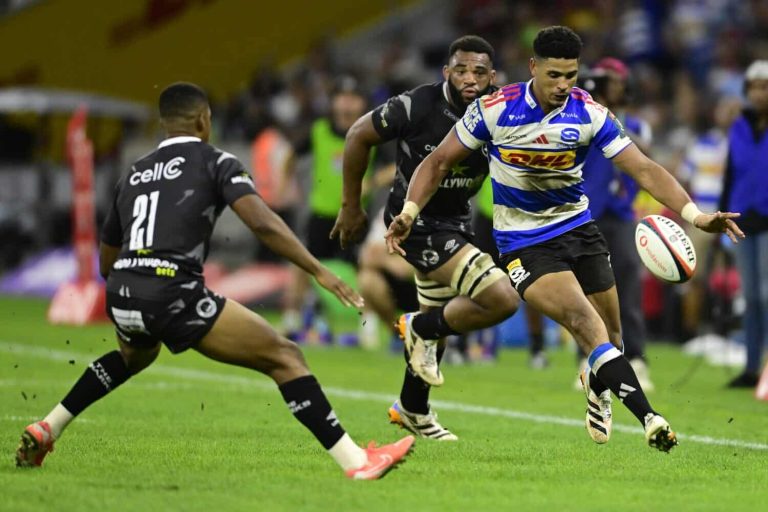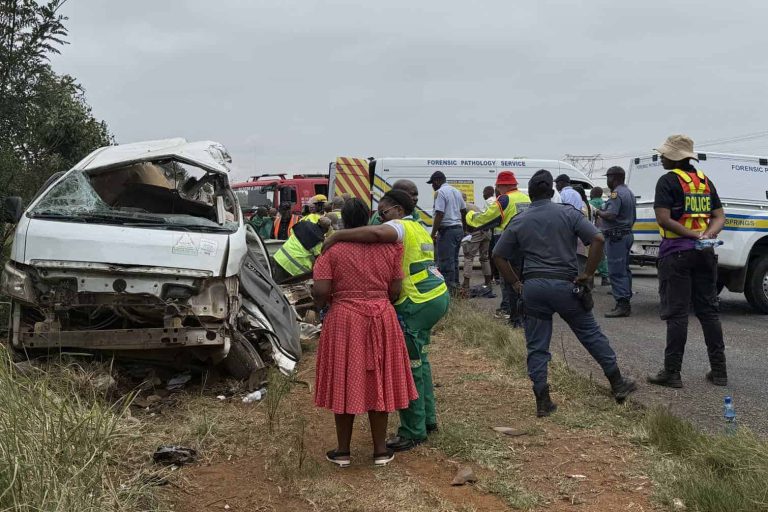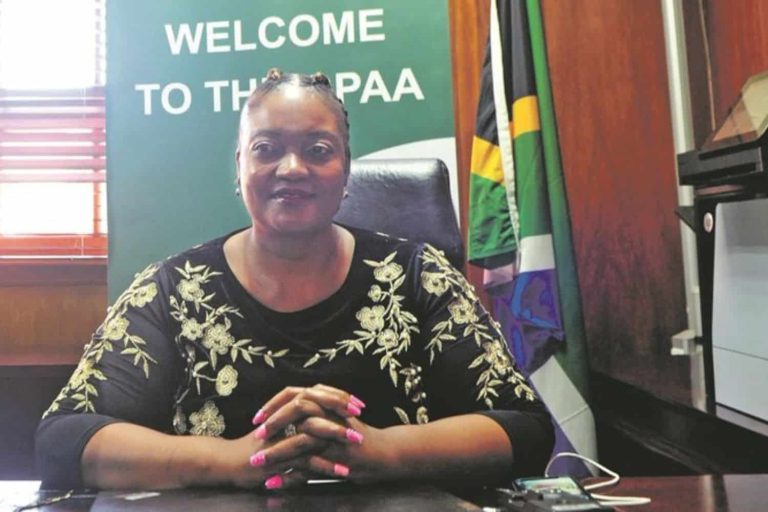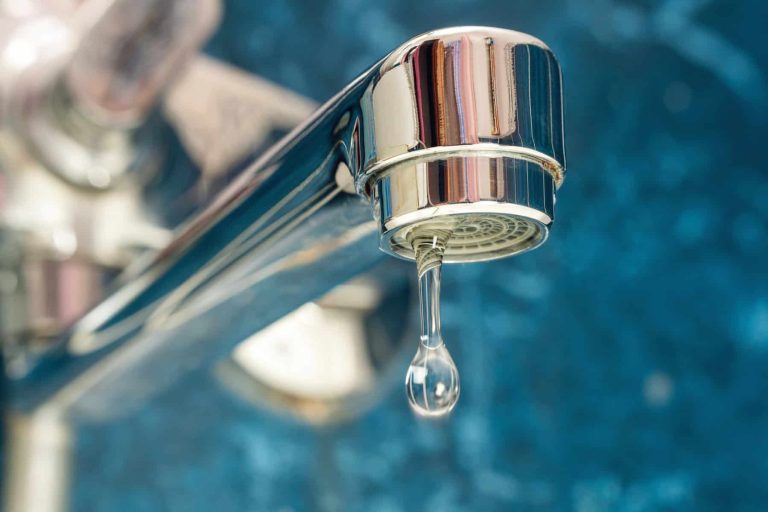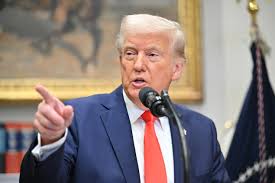
Senior members of the Trump administration held a series of high-level meetings at the White House this week to consider potential military options in Venezuela, officials confirmed Friday, as the United States continues to expand its military footprint in the Caribbean.
President Donald Trump has deployed F-35 fighter jets, multiple warships, and a nuclear submarine to the region, escalating a buildup that follows two months of deadly strikes on vessels off Venezuela’s coast.
Earlier this week, the Gerald Ford aircraft carrier strike group arrived in Latin American waters, bringing more than 75 aircraft and over 5,000 personnel.
Speaking aboard Air Force One on Friday, Trump hinted that a decision on possible U.S. action in Venezuela could be imminent. “I can’t tell you what it would be, but I sort of made up my mind,” he told reporters, accusing the Venezuelan government of deep involvement in the illegal drug trade.
According to four U.S. officials and a source familiar with the discussions — all speaking on condition of anonymity — the Homeland Security Council convened three meetings this week, including one on Friday.
The council typically advises the president on homeland security matters and is normally chaired by Homeland Security Adviser Stephen Miller.
One official said a small group first met on Wednesday, followed by a larger session on Thursday that included Vice President JD Vance, Miller, Defense Secretary Pete Hegseth, and Joint Chiefs Chairman Gen. Dan Caine, among others.
The White House declined to comment.
The source familiar with the deliberations said Trump personally attended Thursday’s Situation Room meeting, where he was briefed on multiple options. Reuters could not confirm the specifics of those proposals, though Trump has previously floated the possibility of ground operations in Venezuela.
Despite the military buildup, Trump has repeatedly claimed he is not seeking regime change in Caracas.
Venezuelan President Nicolás Maduro — in power since 2013 — has accused Trump of trying to overthrow him.
In August, Washington doubled its reward to $50 million for information leading to Maduro’s arrest, alleging his involvement in drug trafficking and organized crime.
